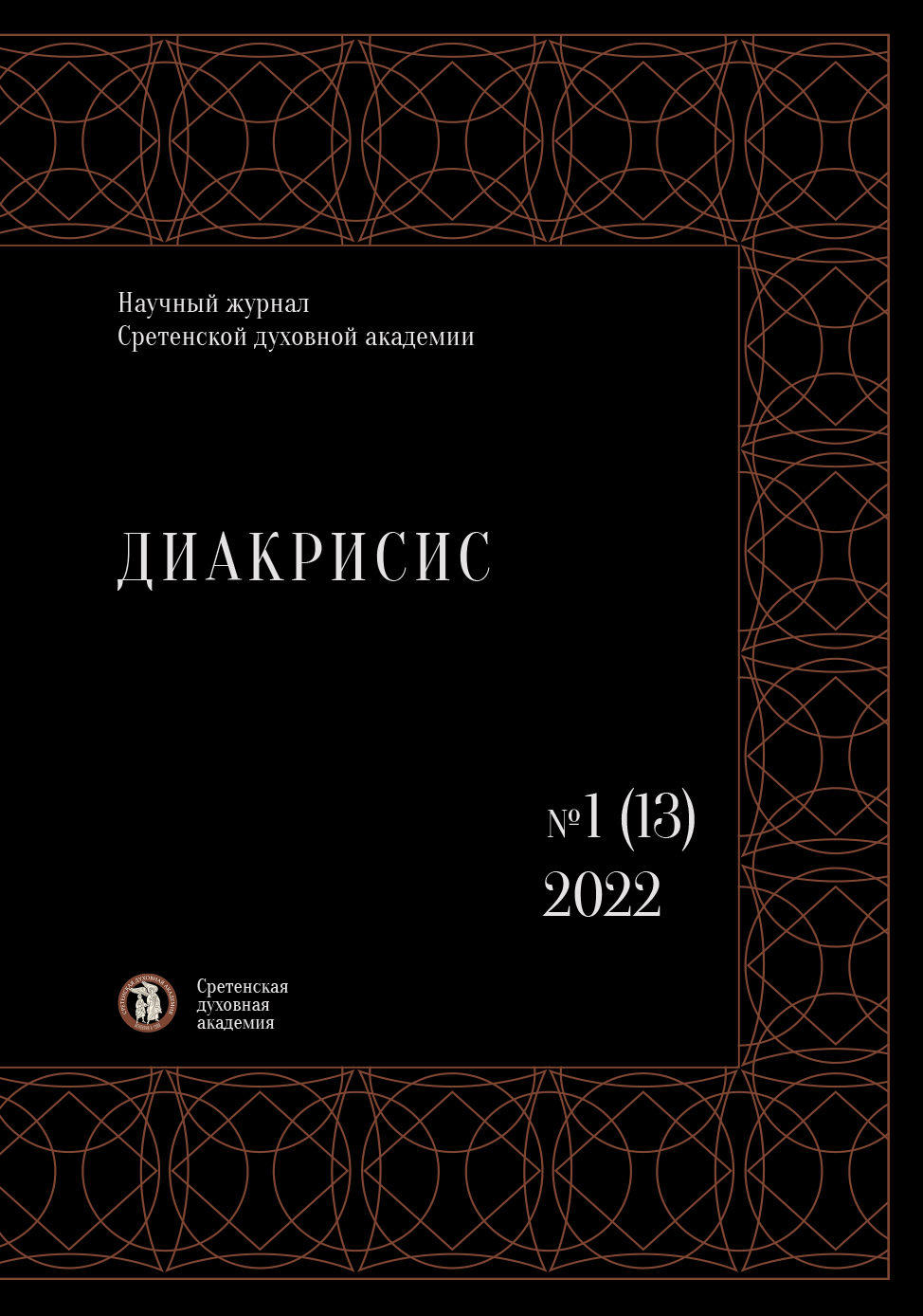Worldviews of Psychological Theories as а Pathway to Neognosticism
Keywords:
gnosticism, neo-gnosticism, psychologizing, psychology, applied psychology, psychotherapy, psychology integration, science, Christian psychology, Orthodox psychologyAbstract
Modern Christians seeking to define the role of psychology in the Church face a far more critical challenge than they may realize. Integrating psychology into the care of the soul, and mastering new ways of helping people, are very beneficial goals, but contemporary pressures can derail them by distorting spiritual reality and even substituting false realities for those Christians recognize. Ultimately, the psychologizing of public consciousness leads people away from Christianity into scientism and occultism. This research demonstrates that applied psychology always rests on foundations in a worldview and necessarily includes both bodily and spiritual principles. When the role, status, and working methods of psychology are misunderstood, it can actually take the place of religion in the modern world. This presentation clarifies that applied psychology, is rooted in a discernible ideology, which can be defined as neo-gnosticism. This ideology opens the door to destructive political movements and contributes to their spread. Psychological knowledge based on gnostic anti-philosophy is dangerous for Christians and has unfavorable consequences for society at large.







